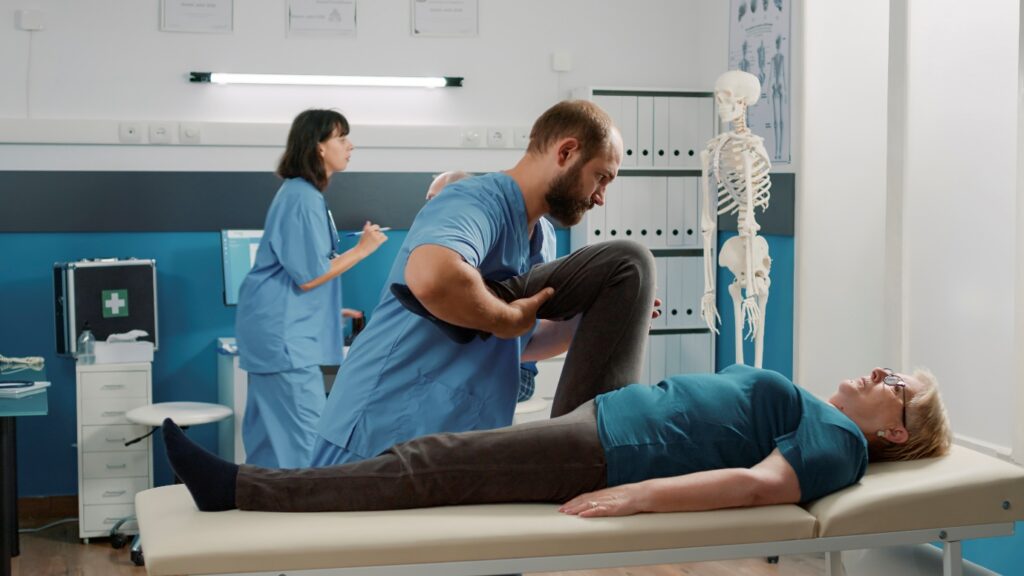6 Signs That Indicate You Need to Visit a Pain Management Center

A recent study showed that 50% of New Yorkers experienced chronic pain of some sort. This is no surprise. When people try to survive in the hustle and bustle of a city that never sleeps, it’s very easy for them to dismiss the subtle signs of discomfort until they become very pronounced.
Your well-being should always be a priority, regardless of how tight your daily schedule is. In this article, we’ve listed six core signs that your body may be signaling. If you experience any of the signs listed below, you should know that it’s time for a visit to the center for wellness and pain care in NY.
- Every Chore is now a struggle
If you can no longer perform simple tasks that you did with ease before, take that as an alarming red flag. Your body has begun to revolt against your negligence and is beginning to slowly digress into incapacitation.
Often, the pain might be due to a slight muscle injury or extreme workout procedures. If this is the case, it will only last for a while. You should schedule a visit to the pain management center if this pain isn’t decreasing.
- Old Medication isn’t Working Anymore
Some health conditions come with body pain that cannot be completely cured. They can only be managed with drugs. However, if these drugs do not provide as much relief as they used to, it’s a telltale sign that you need to schedule an appointment as soon as you can.
Resist the urge to increase your regular dosage. The side effects of this can leave you in a more critical state. You might also have to deal with addiction.
- Your Sleep Routine Has Been Wrecked
Sleep is the ultimate form of relaxation for the human body. Without good sleep, every other aspect of your life will be affected. You will no longer be able to perform as optimally as you used to.
If you are no longer able to sleep properly due to some bodily discomfort, take that as a sign to book an appointment.
Some people often combine painkillers with over-the-counter sleeping pills to help them sleep. This is not always the safest approach, especially if you have not been diagnosed with an exact condition. Let the doctor give you the go-ahead before you do this.
The doctor will want to know the extent of the discomfort, so be sure to document the manner in which it affects you before going over.
- The Pain Starts to Spread
Most people tend to overlook pain so long as it only affects one part of their body. They go about their daily activities until the pain begins to move to other parts of the body. If this is happening to you, ensure that you see the doctor immediately. The underlying causes (e.g., slipped disc, pinched nerve, etc.) for this could be critical.
- The Pain Lasts Longer than Is Necessary
It’s natural to feel pain in your muscles if you’ve engaged in strenuous activities. But the pain from these activities is expected to subside after a while. If yours isn’t, you should get yourself checked.
- You’re Beginning to Feel Numb
Never ignore feelings of numbness in any part of your body. The absence of sensation or tingling sensation that you feel is often a symptom of a critical condition. If left ignored, these situations can spiral out of control and result in further complications that are more difficult to treat (e.g., paralysis, cardiac arrests, etc.).
Wrapping Up
We all have different pain tolerance levels. However, regardless of this, we must not ignore any form of pain, especially one that is persistent. Often, the pain that we feel may be an indication of a critical condition. A visit to the pain management center is the first step to regaining your full bodily health.
